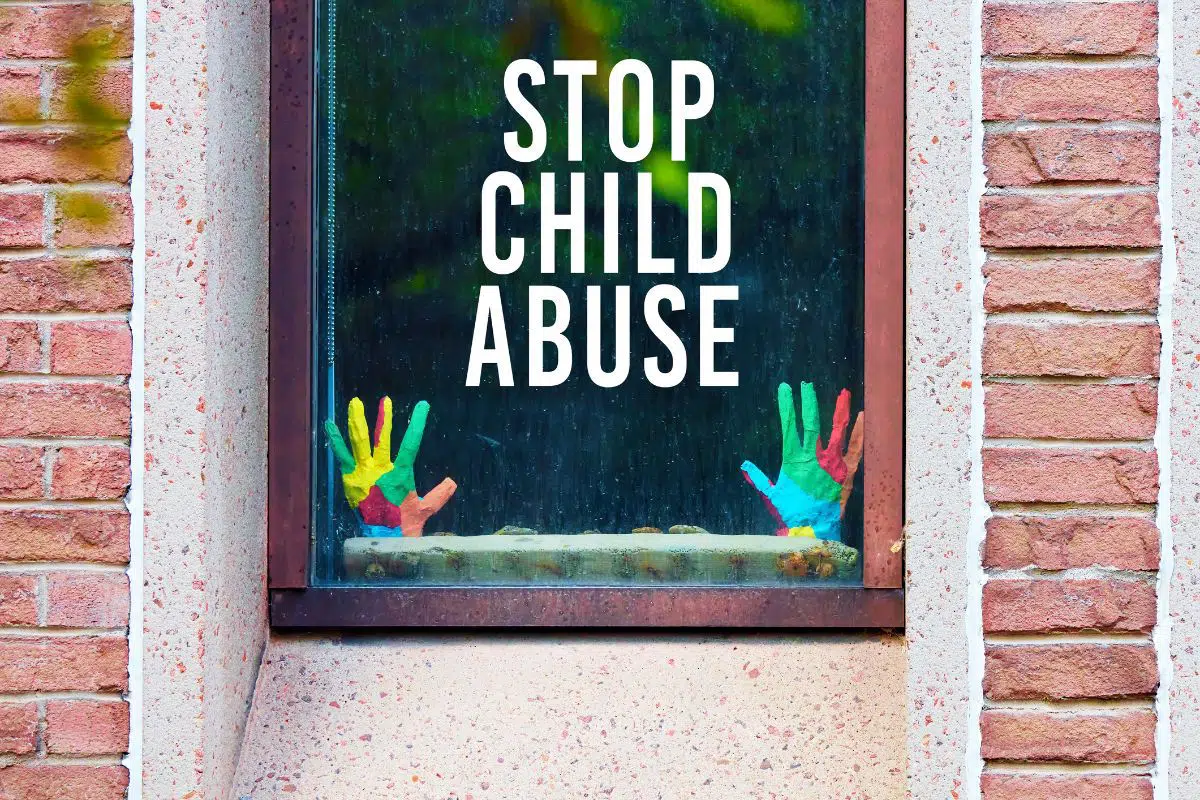Child abuse in all its forms — physical, sexual, or mental abuse or neglect — is a crime in Arizona, and churches should bear in mind that if facts show that church leaders knew about the abuse and failed to stop it, they may have committed crimes as well. In some cases, the church itself can be prosecuted.
Even if prosecutors don’t pursue criminal charges in connection with abuse claims, the victim may pursue civil litigation to recover compensation for the suffering he or she has endured. The church itself is likely to be sued if the abuser was a member of its staff or one of its volunteers, or if the abuse occurred on church grounds or at a church-sponsored event.
Under Arizona law, clergy members — defined as “any member of the clergy, priest, or Christian Science practitioner” — have a duty to report incidents of child abuse. Failure to report is a misdemeanor punishable by up to six months in jail, a $2,500 fine, or both. If the failure to report is willful, the jail sentence can go up to one year.
Child Abuse Reporting Requirements
How to report. Reports of abuse should be made by telephone to local law enforcement or child safety department. If the person reporting the crime is unable to reach the appropriate authorities by phone after reasonable efforts, then he or she should make a written report and submit it to the authorities via fax or email as well as make him or herself available for follow-up by the appropriate authorities.
When to report. Abuse reports are required to be made immediately via phone as described above, followed by a written report.
Reporting privilege for clergy. A clergy member who discovers or has reason to suspect child abuse or neglect following a confession made to him in “the course of the discipline enjoined by the church to which he belongs” is not required to report. This is often difficult to discern when this privilege applies, though, and you should consult competent legal counsel for help in ascertaining whether a clergy privilege applies.
Tips to Help Prevent Abuse
Churches can take steps to prevent abuse problems within their organizations by taking some simple steps:
- Take complaints seriously. Not believing the victim is a classic mistake that leads many organizations into trouble.
- Adopt an anti-abuse policy that the congregation will see and discuss.
- Know if your staff or volunteers have a criminal background or are listed on the state’s sex offender list. People with these red flags may need to be monitored more carefully than others.
- Talk to an attorney any time an allegation of abuse is raised.
Provident Law’s nonprofit attorneys can help churches and religious organizations and their boards. We stand ready to counsel and serve churches, charities, and foundations, as well as private schools, colleges, universities, and other types of nonprofit organizations—providing broad transactional and general counsel services in Arizona and surrounding areas. Contact us to learn more.


